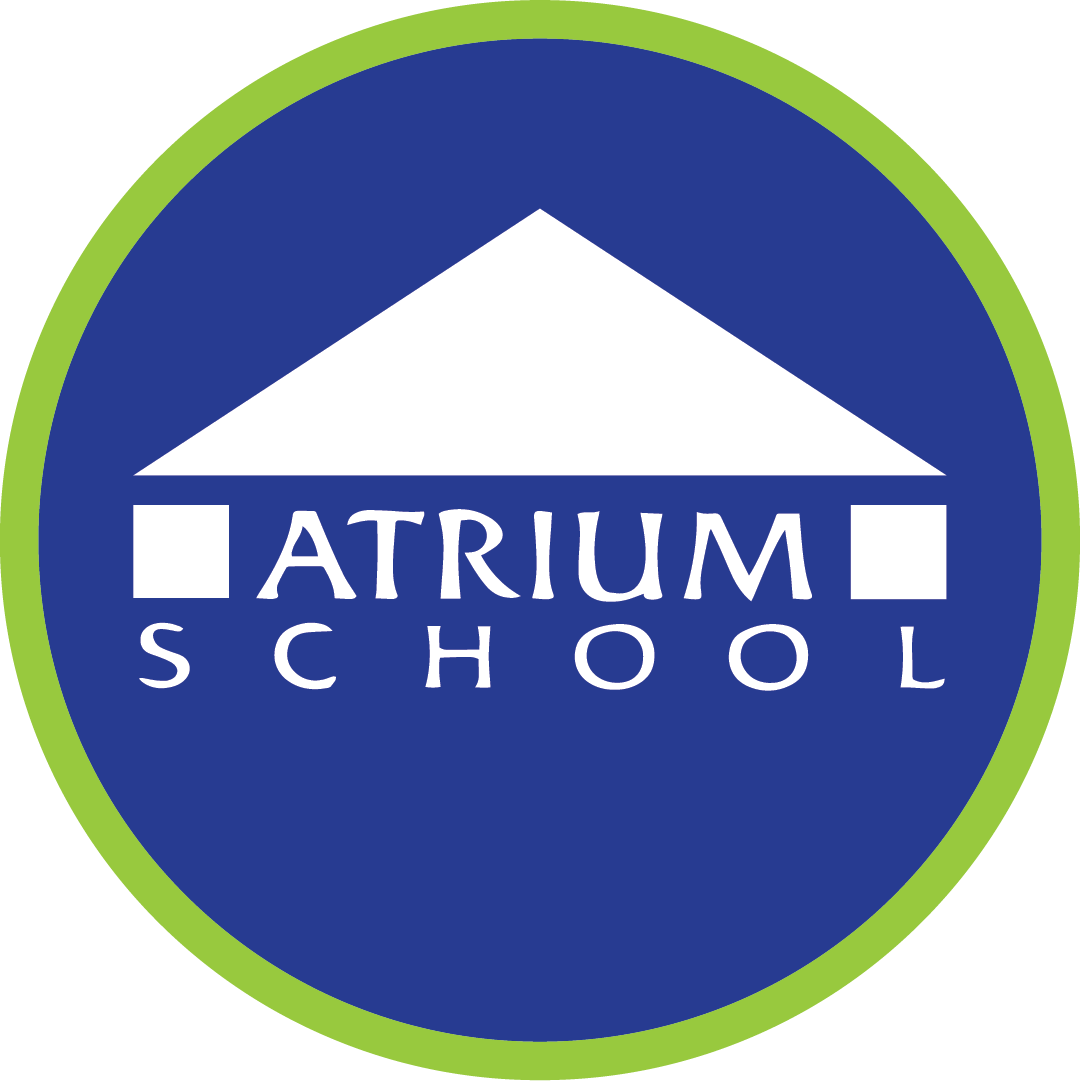How To Make the Most of a Parent-Teacher Conference
By Linda Echt, Head of School
The goal of both parents and teachers in a conference is to work in partnership to optimize for a student’s success in school. Here’s a list of 10 simple suggestions for parents to make the most of the time they spend with teachers. (p.s. There’s a little prep work worth doing, so don’t leave this to read ‘til the morning of!)
- Talk to your child beforehand. Find out if there is anything he or she would like you to bring up in the conference. Find out how your child feels about how things are going in school, including during less structured time, such as lunchtime or recess, as well as in subjects outside of the classroom, such as PE, music, or art. Some kids also think parent-teacher conferences are about “being in trouble.” Make sure that your child knows that meeting with teachers is a positive and important part of the school-to-home connection, and be sure to report back some insights that teachers pass along. Children feel safe and known when the important adults in their lives are all on the same team!
- Make notes ahead of time. And because time can pass quickly, be sure to discuss important things first. Remember that not only school related things–but also things going on at home–are of interest and relevance. There are many things worth passing along: is your child particularly sensitive when a parent travels for work? Do changes in weather drastically affect your child’s mood? Are you caring for an elderly relative? Is there a new sibling at home or one soon heading off to college? All of these things are important as teachers learn the best ways to fully support the kids in their class.
- Reflect on past conferences and note things that you’ve learned about your student from previous teachers that would be helpful in his or her new classroom. Share any patterns in learning or classroom behavior–and the ways that things were supported, as well as any successful strategies–with your current teachers. It’s great to be able to build on previous successes and take advantage of the deep relationships and knowledge base you’ve already created.
- Think about hopes and goals that you have for your child for the year. Whether they be academic or social, artistic or physical, sharing specific hopes at any particular time can help inform a teacher’s focus and goal setting for your child at school.
- Arrive early. As with most things, allowing yourself even just a few extra minutes to settle in before the gig starts benefits everyone. (And sometimes there are refreshments to be had!)
- Share anecdotes with the teachers that your child has shared with you. It’s valuable for teachers to get a sense of what a child deems worth reporting and talking about and to get a sense of how a child is perceiving his or her school days. If it is something negative or challenging your child is working through, teachers will likely be able to offer context or suggestions for supporting him or her outside of the classroom, and can be more attentive to particular situations at school.
- Find out ways to support your student at home, follow up with your child, and keep teachers in the loop to let them know how it’s going.
- Confirm communication channels. Leave the conference knowing how to best stay in touch with your current teachers, and what to expect in terms of response time and follow up.
- Watch the clock. Chances are there are other parents waiting out in the hall for the slot they signed up for and planned around. Being prompt and finishing on schedule is respectful to everybody’s time.
- Follow up with your child. Be sure to share positive things that teachers had to say, and let your child know about any concerns or topics that you will be working on together as the year goes on.

